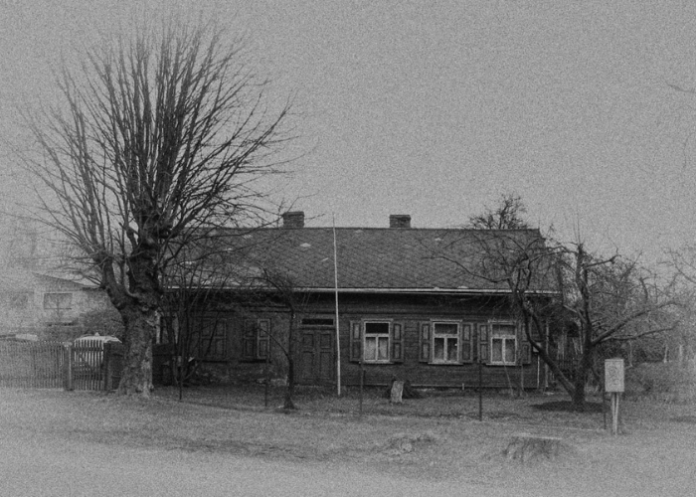Home is one of those concepts that eludes a simple definition. To many, it’s a place that provides comfort, safety, and identity. But for some of us, especially those who have left their homeland behind, the idea of home becomes a complex web of longing, loss, and even pain. It’s a feeling that shifts and morphs, a tugging at the heart that never quite lets go.
I don’t write poetry often, but when I do, it’s usually because something deep inside demands to be expressed. The subject of homesickness seems to rise again and again, like an echo from a place I can never truly leave. It’s a feeling that sits somewhere between nostalgia and grief—a contradiction that pulls at the edges of my soul. So, naturally, I had to write a poem about home.
For many immigrants, the relationship with their homeland is never straightforward. It’s often a place both beloved and painful, a land of memories tinged with the bitterness of what’s been lost. For some, home is a distant dream—alive in the senses and locked in the past. For others, it’s a place that bears the scars of survival, a place too familiar to ignore but too broken to return to without a sense of fear or resentment.
This poem is my attempt at reconciling those conflicting memories. It’s a reflection on the complexities of home, written from a place of separation—an effort to piece together the fragments of a place I once called home.
A Poem About Home
I remember the clear blue skies,
the chill of rainy days,
October winds whispering
of the school year’s end.
I hear the cicadas’ desperate cries for rain,
and see the butterflies,
light as air, bringing spring on their wings.
There was the ancient green giant—
the mountain that watched over us,
its warmth barely contained,
covered by dark, rocky blankets.
I remember sleepy towns,
hidden in fog,
where I first said, “I love you.”
And the wild waves we rode on weekends,
skin reddened, salty,
peppered with dark sand.
I dream of many faces,
all golden brown, kissed by the sun,
their smiles passing by me
as I fumbled with my silences,
my anger,
my disappearing acts.
They were patient.
I hear their laughter as we walked together
on dirty sidewalks,
past tall walls lined with broken glass
and razor-sharp barbwire,
pretending to ignore the black scrawl
that marked our doors.
I hear the suffocating hand of uncertainty,
the way it chokes the air behind the smog,
wondering what safety feels like—
wondering which of us will be next,
whose name will grace the headlines,
whose face will be covered
under white sheets.
What else is there to feel
but fear and disgust?
I am haunted by her sunny smile,
clouded by the plastic bag around her head,
the bullet that stole his eye,
the ghouls who drove her away,
the corpse I stumbled upon
on my way to the gym,
the crowds cheering wildly
for the emperor’s cries for blood.
I am haunted by the deafening hatred,
the hatred that tore us apart,
devouring us on our way out,
leaving nothing behind but
the ashes of what was once home.
In this poem, home is both a memory and a nightmare. It’s a place that once held beauty—the clear skies, the warm mountains, the laughter of friends—and yet, it’s marred by violence, fear, and loss. The images of butterflies and mountain giants clash with the brutal realities of political unrest, violence, and fear. Home, in this sense, is never just a place—it’s a spectrum of experiences, a mix of love and pain that doesn’t easily fade.
For those who leave their homeland behind, the feeling of being torn between two worlds can never be fully reconciled. Home becomes a symbol of both what was and what could have been, a place that exists as a shadow, always just out of reach.
But even in the midst of all this grief, there is still love, still longing, still a trace of the warmth that home once provided. And perhaps, in writing these words, I’ve begun to find a way to carry that home with me, even as I build a new one elsewhere.
Home is not just where we were born—it’s also where we find ourselves, wherever that might be.

